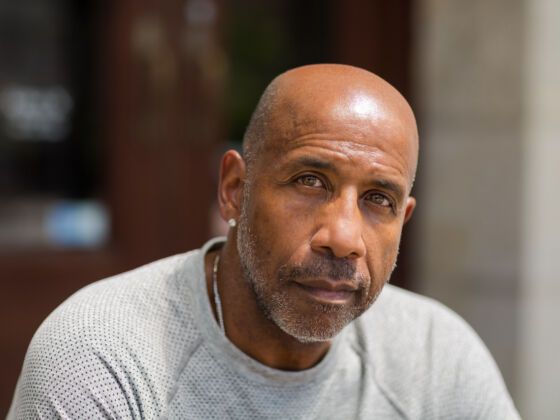The phrase “I don’t see color” started off with good intentions from well-meaning allies to communities of color. And for awhile, it worked — erasing the glaring objection of race from conversation and vision seemed to help add to our post-racial society and acceptance of one another.
But today, the phrase “I don’t see color” is dangerous. Here are just a few reasons why:
